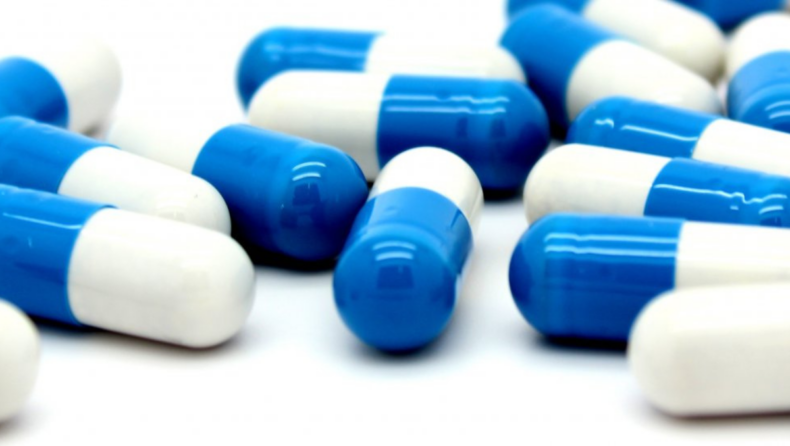The CBDT accused manufacturers of well-known Dolo-650 medicine tablets of indulging in unethical practices to promote their products; and for tax evasion.
On Wednesday, the CBDT accused the producers of the well-known Dolo-650 medication pill of engaging in “unethical practices” and giving out freebies worth roughly Rs 1,000 crore to physicians and other healthcare professionals in exchange for their endorsement of the pharmaceutical group’s goods.
Raids by the Income by CBDT
On July 6, 2022, there was a raid at 36 Bengaluru-based Micro Labs Ltd. locations across nine states, including New Delhi, Sikkim, Punjab, Tamil Nadu, and Goa by the Income Tax authorities. The residences of Micro Labs CMD Dileep Surana and Director Anand Surana were also raided. Thereafter, these claims were declared by the authorities.
The Central Board of Direct Taxes (CBDT) is the administrative body of the Income Tax (IT) department. The CBDT announced in a statement that the department confiscated unaccounted cash totaling Rs 1.20 crore, along with gold and diamond jewelry worth Rs 1.40 crore, following the action against the DOLO-650 drugmaker.
An email was addressed to Micro Labs Ltd. requesting a response regarding the department’s claims. However, it went unanswered. As informed by the authorities, substantial incriminating evidence, in the form of documents and digital data, has been discovered and seized along the journey of the search operations.
The statement stated that, as per the earlier rounds of drawing of evidence, the group had been debiting in its books of account unallowable expenses on account of the distribution of freebies to the medical professionals under the category of “sales and promotion”.
These freebies mainly included travel expenses, perquisites, and gifts to doctors and medical experts for pushing the group’s products, recorded under the titles of “promotion and propaganda,” “seminars and symposiums,” “medical advisories,” and others, as stated by the CBDT.
The statement released by the CBDT details the evidence, suggesting that the group used unethical methods to advertise its brands and products. Around Rs 1,000 crore worth of such freebies have been discovered, according to estimates.
It should be noted that the name of the group was not mentioned in this particular statement. However, sources have revealed it to be Micro Labs Ltd.
Dolo-650 is an oral analgesic (pain killer) and antipyretic (fever-reducing) tablet that is frequently prescribed by physicians and medical store owners to coronavirus patients. The medication is helpful in treating their common symptoms, which include pain and fever.
New sales record during the pandemic
The pandemic led to positive growth for several healthcare and pharma companies. Dolo-650 was the most prescribed medicine during this time. On the website of the firm, a news story from February was featured. It stated that the company had sold 350 crore tablets of Dolo-650 since the COVID-19 outbreak in 2020 and had generated revenues of Rs 400 crore in that same period of one year. Dilip Surana, who is the company’s CMD, was quoted in this article.
According to the group, specific provisions in respect of certain incomes were artificially inflated deductions by resorting to concealment of expenses and over-appropriation of revenue to the unit qualified for such deduction.
The group that makes pharmaceutical products and active pharmaceutical components and is present in more than 50 countries was accused of additional irregularities by the CBDT. The CBDT revealed that it had also discovered several other methods of tax fraud, including inappropriate allocation of research and development expenses to qualified units and inflated claims of weighted deduction under section 35 (2AB). The total amount of tax sought to be evaded through these means is approximated to be over Rs.300 crore, as mentioned in the statement.
The department also discovered instances of violation of the tax deduction at source (TDS) rules under section 194C of the I-T Act with regard to transactions made in accordance with agreements signed with third-party bulk medication producers, as stated in the CBDT statement.













